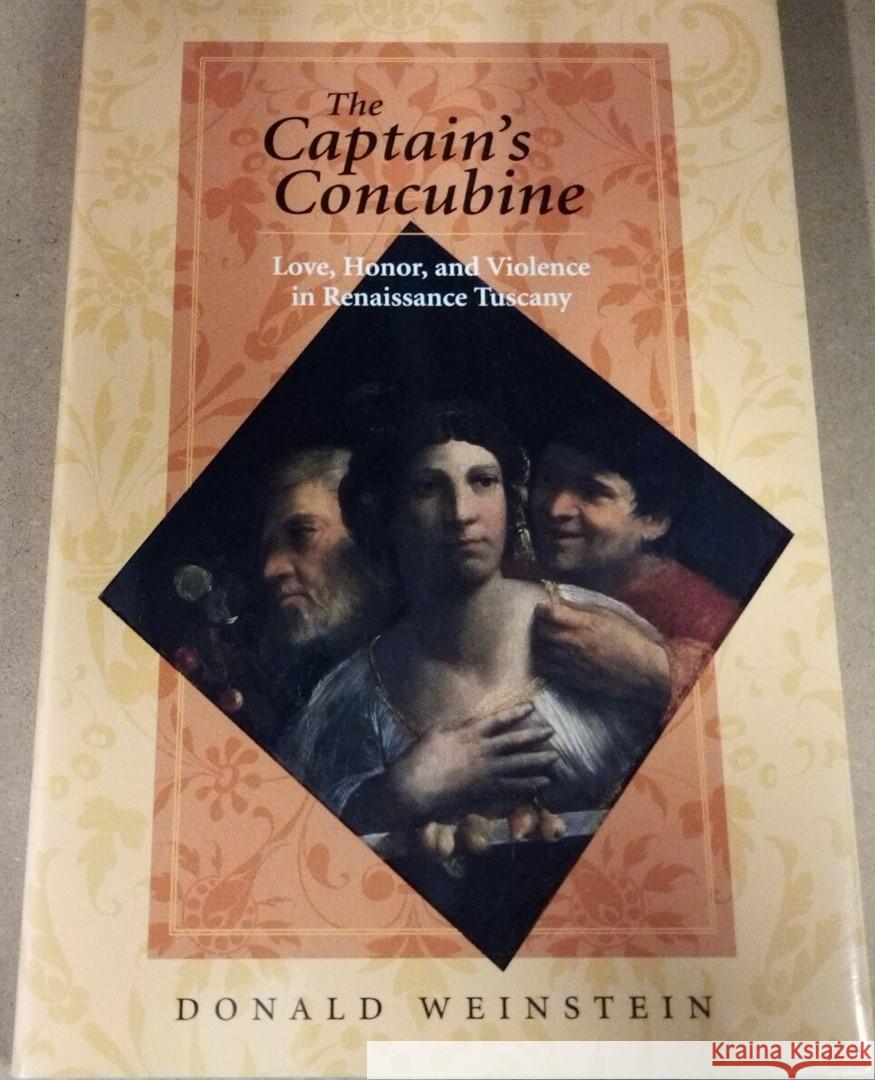The Captain's Concubine: Love, Honor, and Violence in Renaissance Tuscany - stan bdb 9780801864759 » książka
The Captain's Concubine: Love, Honor, and Violence in Renaissance Tuscany - stan bdb 9780801864759
ISBN-13: A780801864759 / Angielski / Twarda / 2000 / 240 str.
The Captain's Concubine: Love, Honor, and Violence in Renaissance Tuscany - stan bdb 9780801864759
ISBN-13: A780801864759 / Angielski / Twarda / 2000 / 240 str.
(netto: 83,20 VAT: 5%)
Rabat: -60%
Najniższa cena z 30 dni: 218,40
ok. 1-3 dni roboczych
Darmowa dostawa!
Stan bardzo dobry - książka była czytana, ale jeszcze długo posłuży innym czytelnikom. Ma ślady używania - otwierania i kartkowania, rysy, zabrudzenia. Wygląda jak książka, którą wypożyczasz w bibliotece.On March 21, 1578, Holy Thursday, cavalier Fabrizio Bracciolini charged that he had been ambushed, slashed, stoned, and left bleeding in a Pistoia street by fellow cavalier Mariotto Cellesi and four accomplices. In The Captain's Concubine: Love, Honor, and Violence in Renaissance Tuscany, Donald Weinstein studies the lengthy investigation of the incident, bares the motives of the actors, and follows the ensuing trial. Weinstein examines the roles of the patricians, merchants, shopkeepers, weavers, priests, and prostitutes who served as audience, bit players, and chorus in this Renaissance street-theater drama. When Fabrizio is revealed to be the lover of Chiara, the concubine of Mariotto's father, questioning moves away from the street fight itself to the right of the defendants to take revenge for violated family honor: accuser becomes accused, and a simple case of assault turns into a community's discussion of its most tenacious values.Lurching from comedy to tragedy and neglected even by local chroniclers, the Holy Thursday incident involved issues of honor, family, religion, gender relations, and power familiar to social historians of late medieval and early modern Europe. For the Medici ruler of the Grand Duchy of Tuscany, the Holy Thursday affair presented a dilemma: bound to regard duels and street fights as threats to an all too fragile public order and a challenge to his sovereignty, Francesco I nevertheless respected and fostered the aristocratic code of honor, family loyalty, and chivalric valor to which the Cellesi appealed. How these contradictions were accommodated is a crucial part of the story Weinstein tells.











